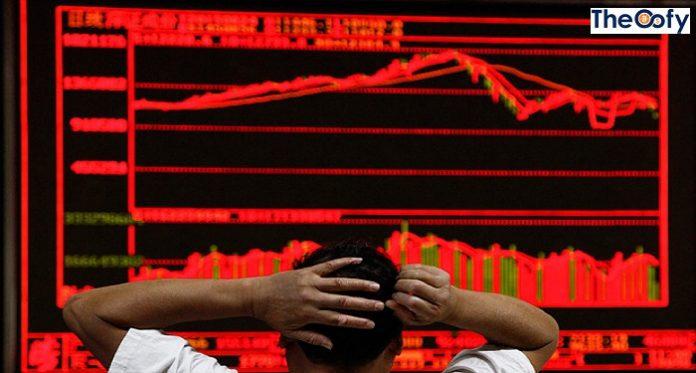Highly volatile market is intimidating for almost any investor, which is why many investors turn to strategies that could help them protect their money in the time of crisis in the market.
The crisis in this sense is referred to highly volatile markets, which is the case in 2019, although not an isolated case in the market – volatility is always on the move, while sometimes it works in favor of investors and at times like this, it works against the odds of collecting gains.
Here is what you should know to be able to protect your money in the volatile market.
Table of Contents
Volatility in May: High Volatility is Making Investors Retreat
Retreating might be the only logical option for investors once the markets switch to high volatility, which is normally a case since investors are looking to cut on losses and preserve their initial returns.
Everyone appreciates positive ROI, however, market trends are not always generous, as volatility index suggests decades back. At the end of April and towards mid-May 2019, Dow Jones Industrial Average reached losses at triple digits losing 600 points.
However, the volatility fell lower only a week later, adding 200 points to Dow Jones.
Analysts suggest that the best option for highly volatile markets is to turn to hedging your funds.
Hedge Your Funds or Consider Derivatives in the Volatile Markets
Despite the fact that some may suggest that the best returns are made during high volatility instead during low volatile markets. However, historical charts suggest otherwise, especially referring to S&P 500 Index back in 2017.
Back at the time, volatility was set at low, while Volatility Index never went above the historical median of 18.1 at the time.
The best option is said to be piling up funds and hedging your investments during high volatility, then getting back on track once the volatility switches to low.




